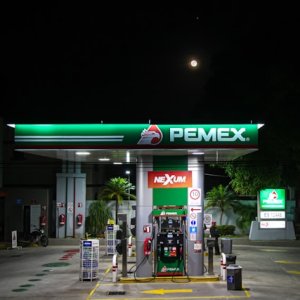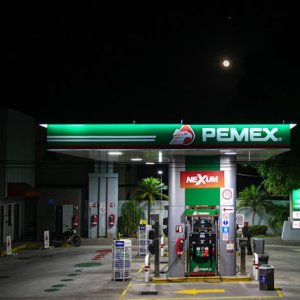Mapping Supply Chains and the Path to Their Improvement

STORY INLINE POST
Q: What is the company’s role in the international market?
A: As a global company with more than 30 years of experience, Achilles has a clear understanding of its central functions, which aim to help clients work with better suppliers. We help companies establish better business relationships with a reliable network of suppliers. We give our clients more tools to manage and mitigate operational risks. We operate in 23 countries and with over 500 companies. We manage over 100,000 suppliers in many sectors with oil and gas being prominent, but we also do business with the mining, energy, construction, and manufacturing sectors.
However, our ties to the oil and gas industry have always been historically strong. The company was created by a former oil and gas executive at a time when supply chains were expanding and becoming increasingly complex. Around this time, the sector was receiving much more scrutiny from state authorities, regulators and society at large. Much of this scrutiny fell upon the standards that large companies applied when contracting suppliers and service providers. Since then, the average consumer’s awareness has increased dramatically when it comes to the state of a company’s supply chain. Consumers are much more aware if a customer’s supply chain is environmentally responsible, sustainable, and ethical in terms of its labor and political standards. Governments have also taken a higher degree of initiative on the fiscal and financial front, particularly in terms of their fight against money laundering.
All these changes have led companies to develop new requirements. Imagine an oil company that for the past 50 years has been working with fewer suppliers than it currently does, especially when its supply chain is 10 times as big as it used to be, and it is more extended in a geographic sense than ever. It also now needs to comply with an exponentially higher amount of regulation than before. We have become global experts on helping our customers to navigate this complexity – creating a balance between the local regulations, company goals and industry expectations. We help companies to find suppliers who meet their standards and on the other hand we help suppliers to raise their standards so they can be viewed in the best possible light. By asking the right questions, to the right suppliers we’re able to provide business intelligence that helps procurement teams to be successful.
Q: How would you evaluate the supplier development programs in Mexico’s oil and gas sector?
A: Mexico has made important progress since 2015, the year we started working in the country. We have seen this progress from the past administration as well as from the government. There has been significant continuity in the public sector’s efforts to develop local supplier networks and the interest in improving the state of the oil and gas sector. These are long-term processes and many of the countries that started prioritizing these questions before Mexico did are still in the middle of that transition to this day. The basis for the development of better supply chains is present in Mexico and the government does a good job in identifying who the main stakeholders in these supply chains are. We have contributed to the optimization of PEMEX’s supplier database and now it has reached global standards of quality. PEMEX now has access to more supply chain data than most globally renowned oil companies. This is the first step toward achieving successful supplier development programs. When we first started communicating with companies in Mexico in 2014, there was not much information available on local and federal supply chains, but since then, significant efforts from SE, SENER and CNH have changed that.
Q: How would you describe the relationship between the economic development of Mexico’s oil and gas producing states and the development of their local supply chains?
A: Economic development derived from supply chain development takes place from the top down. It is a matter of economic spillover effects. In other countries where we have worked, we have witnessed the introduction of major sector players, such as service giants Schlumberger and Halliburton, along with major operators like Shell and BP. When these companies introduce new standards for suppliers into these markets, the bar immediately goes up for everybody, and its effect trickles down toward the medium and smaller suppliers. While this can have a temporary impact on some companies, the overall economic change is very positive. Many of these sector giants have been working in Mexico since long before we arrived, but since the passing of the Energy Reform in 2013, these and other large international entities have introduced or expanded their presence. This general positive benefit has been seen in Mexico’s oil states. Our global database features updated data on 12,000 oil and gas suppliers from all over the globe. This data reflects this stream of continuous improvement derived from the expansion of larger purchasing companies.
Achilles is an international consulting group specialized in supply chain design and management through certification and auditing systems, with additional involvement in cybersecurity services, sustainability advisory, HSE management and financial risk analysis.








 By Pedro Alcalá | Senior Journalist & Industry Analyst -
Fri, 02/18/2022 - 13:23
By Pedro Alcalá | Senior Journalist & Industry Analyst -
Fri, 02/18/2022 - 13:23
















